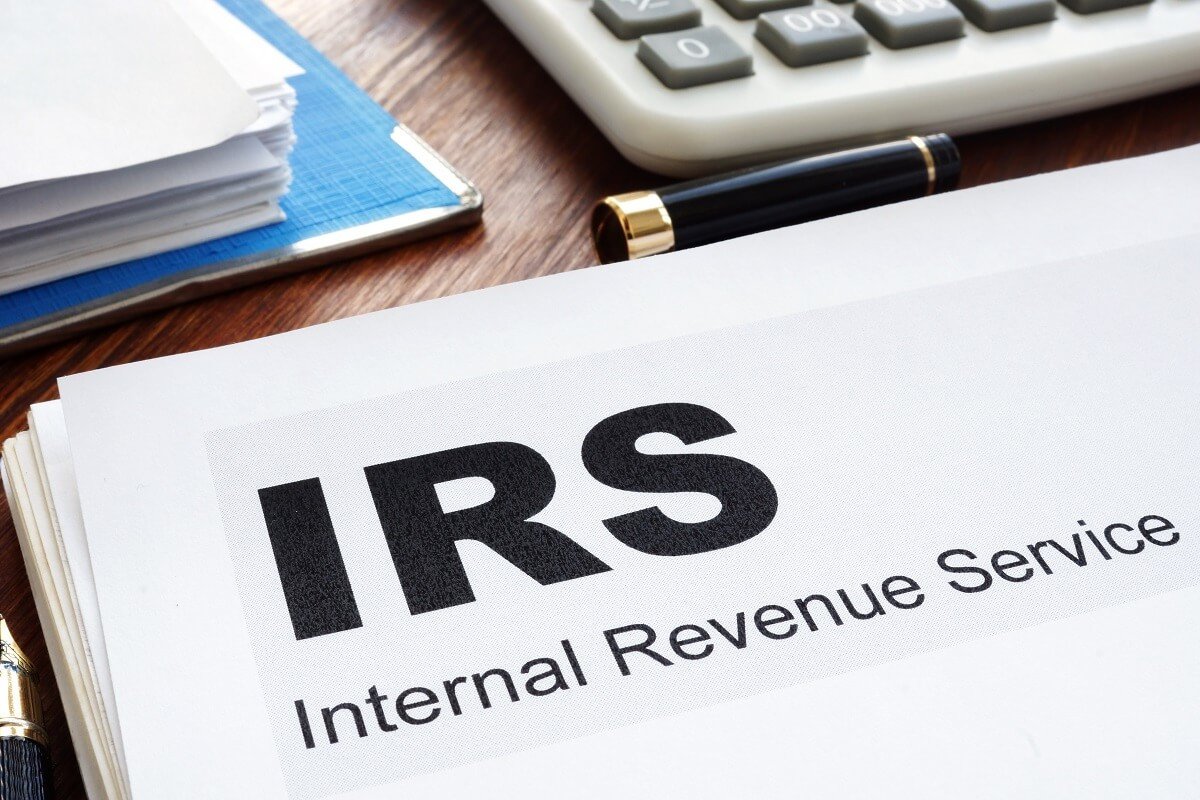IRS Can Now Hunt Down America’s Crypto Tax Evaders After Landmark Ruling

The Internal Revenue Service (IRS) has received authorization from a U.S. district judge to sniff out individuals who attempt to sidestep taxes on their cryptocurrency transactions. The order comes at a time when digital asset adoption is seeing a surge, and the number of crypto tax evaders is subsequently increasing.
A press release from the United States Department of Justice uncovered the development Thursday. Per the release, U.S. District Judge Paul Gardephe gave the IRS authorization to issue John Doe summons demanding information related to crypto tax evaders from full-service banking institution M.Y. Safra Bank.
The move was announced by IRS Commissioner Charles Rettig, United States Attorney Damian Williams, and Deputy Assistant Attorney General for the Tax Division of the Department of Justice, David Hubbert.
The summons will particularly take sFOX – a crypto-focused prime brokerage platform – into consideration. This is due to sFOX’s partnership with M.Y. Safra Bank that enables customers of the broker to utilize the crypto offerings of M.Y. Safra Bank. The IRS will be looking out for customers who failed to report to the IRS in order to pay the necessary taxes on their crypto transactions.
The ramped-up effort at hunting down tax evaders in the crypto scene is due to the concerning rate of crypto tax dearth. According to the press release, the IRS has noticed “significant tax compliance deficiencies relating to cryptocurrencies and other digital assets” in its experience.
Speaking on the matter, U.S. Attorney Damian Williams noted that cryptocurrency traders are not exempt from paying taxes in the United States, as is proper.
“The government is committed to using all of the tools at its disposal, including John Doe summonses, to identify taxpayers who have understated their tax liabilities by not reporting cryptocurrency transactions, and to make sure that everyone pays their fair share,” Williams added.
Furthermore, IRS Commissioner Charles Rettig highlighted the significance of the court’s authorization to the agency. According to him, the order will help to support their already-established efforts at ensuring that all individuals pay their fair share of taxes.
The U.S taxes crypto as investments rather than currencies
In addition, Deputy Assistant Attorney General David Hubbert sought to remind cryptocurrency traders in the U.S. that their gains are taxable. Consequently, it is important for American crypto investors to understand the manner in which their transactions are taxed. The U.S. IRS places taxes on cryptocurrencies as investments, and not necessarily as currencies.
Due to this view, long-term holders of cryptocurrencies enjoy lower taxes when they’ve held their assets for up to a year. These rates are typically between 0% and 20%. Notwithstanding, short-term holders who hold their assets for less than a year would be paying somewhere between 10% and 37%.
Despite the seemingly high crypto tax rate, the U.S. still doesn’t assume the position of the country with the worst crypto tax rate. That crown goes to Belgium which taxes crypto transactions up to 33% or 50% depending on whether the transactions are speculative or regarded as professional income.




